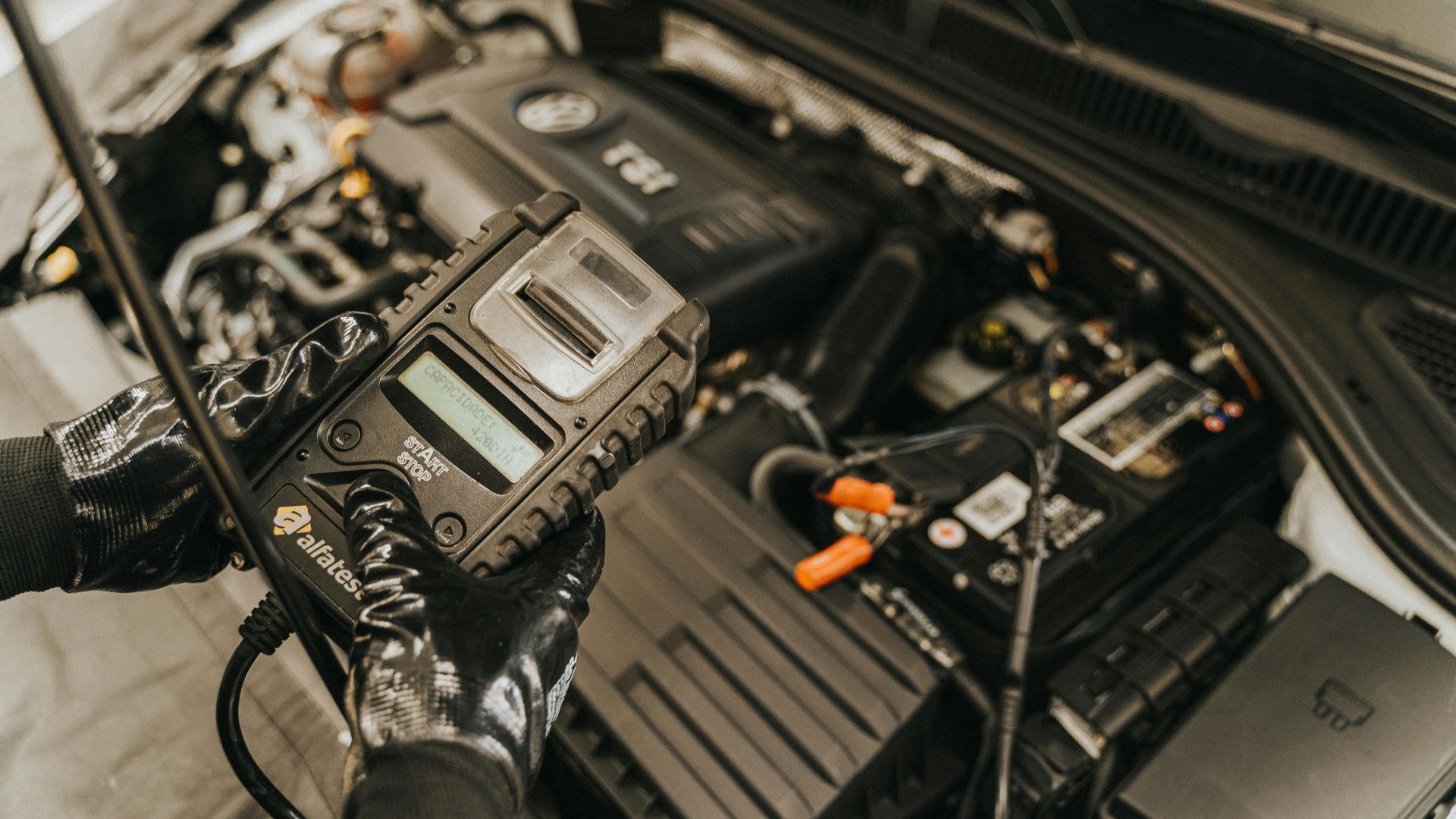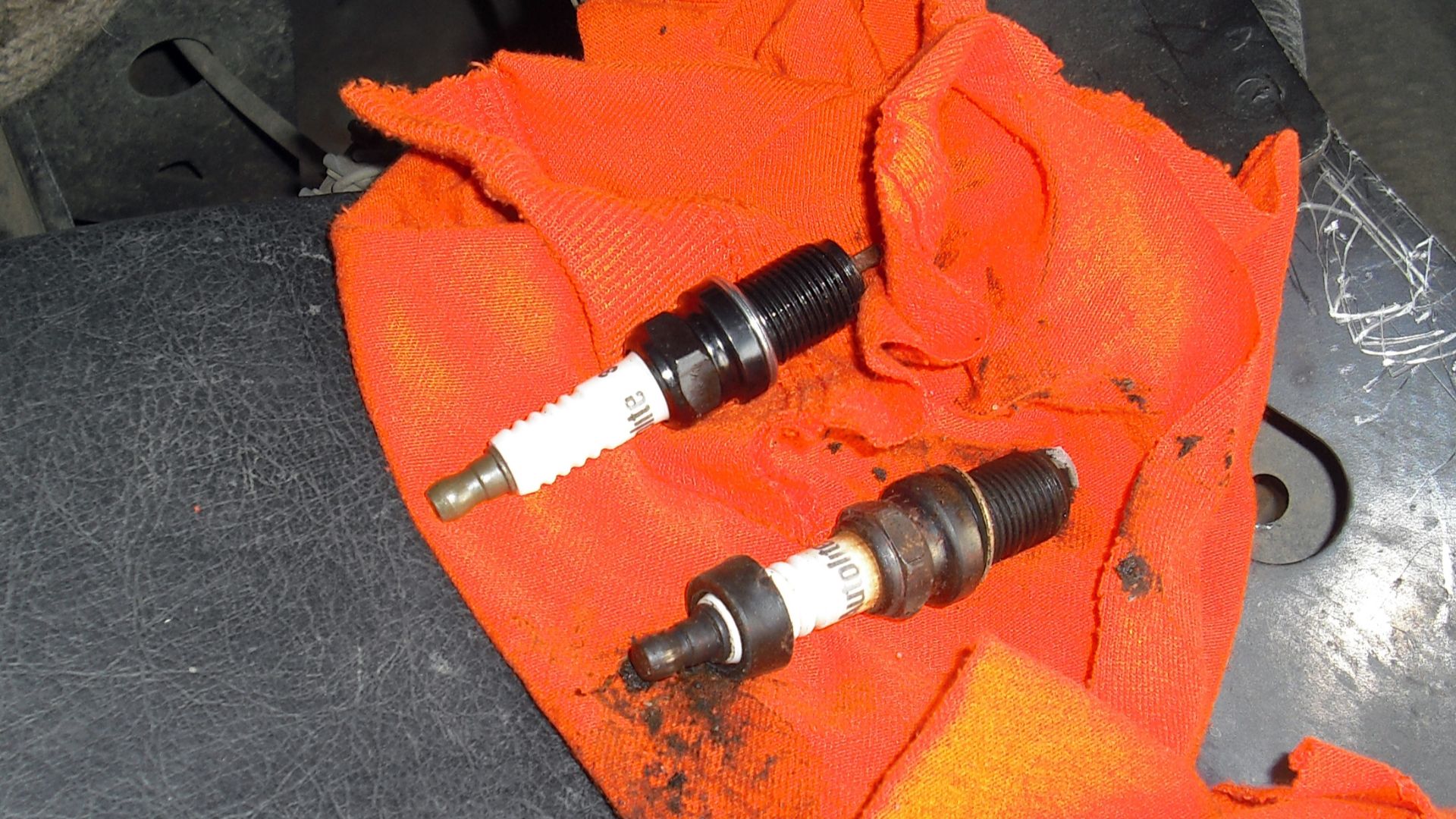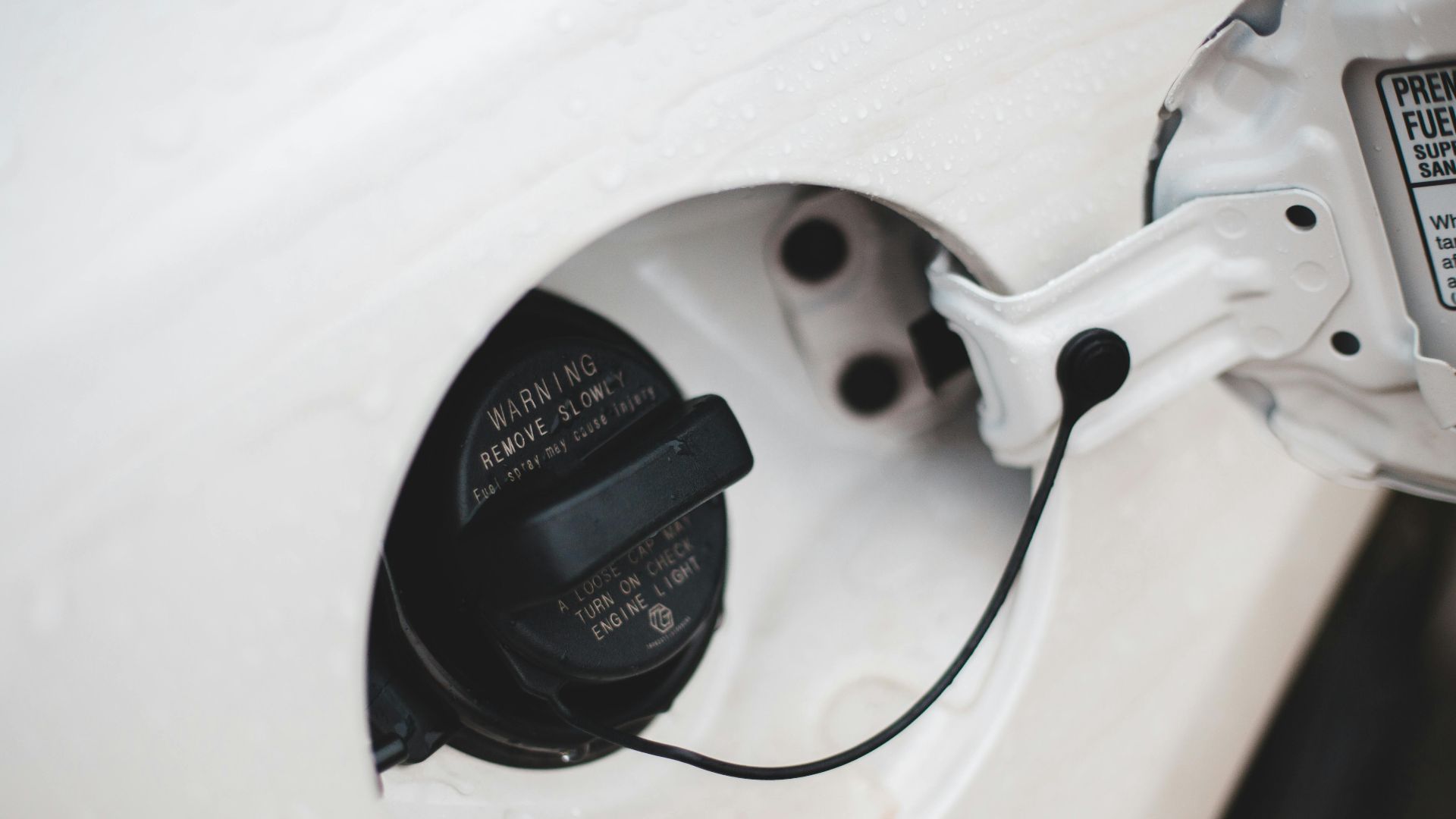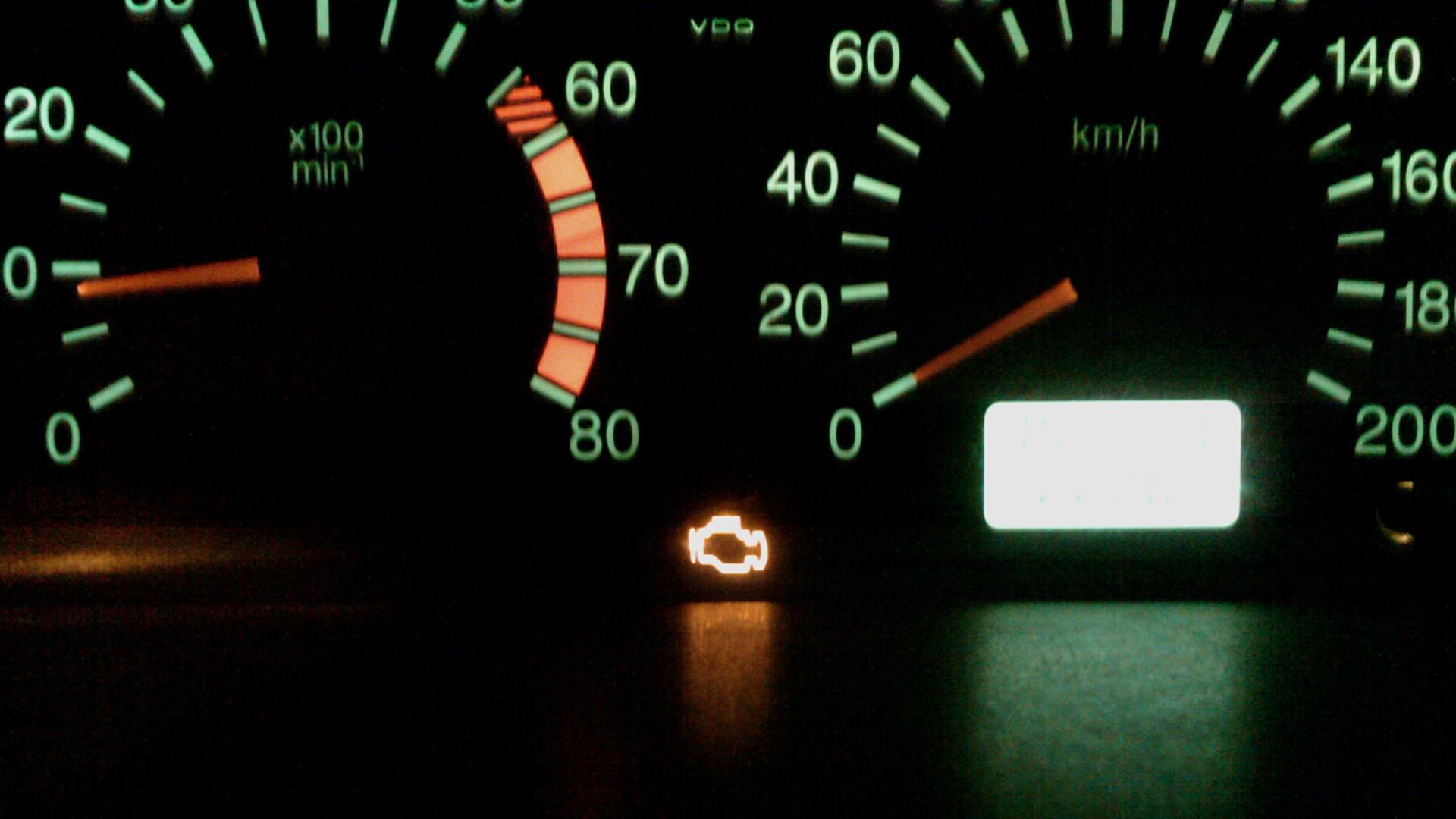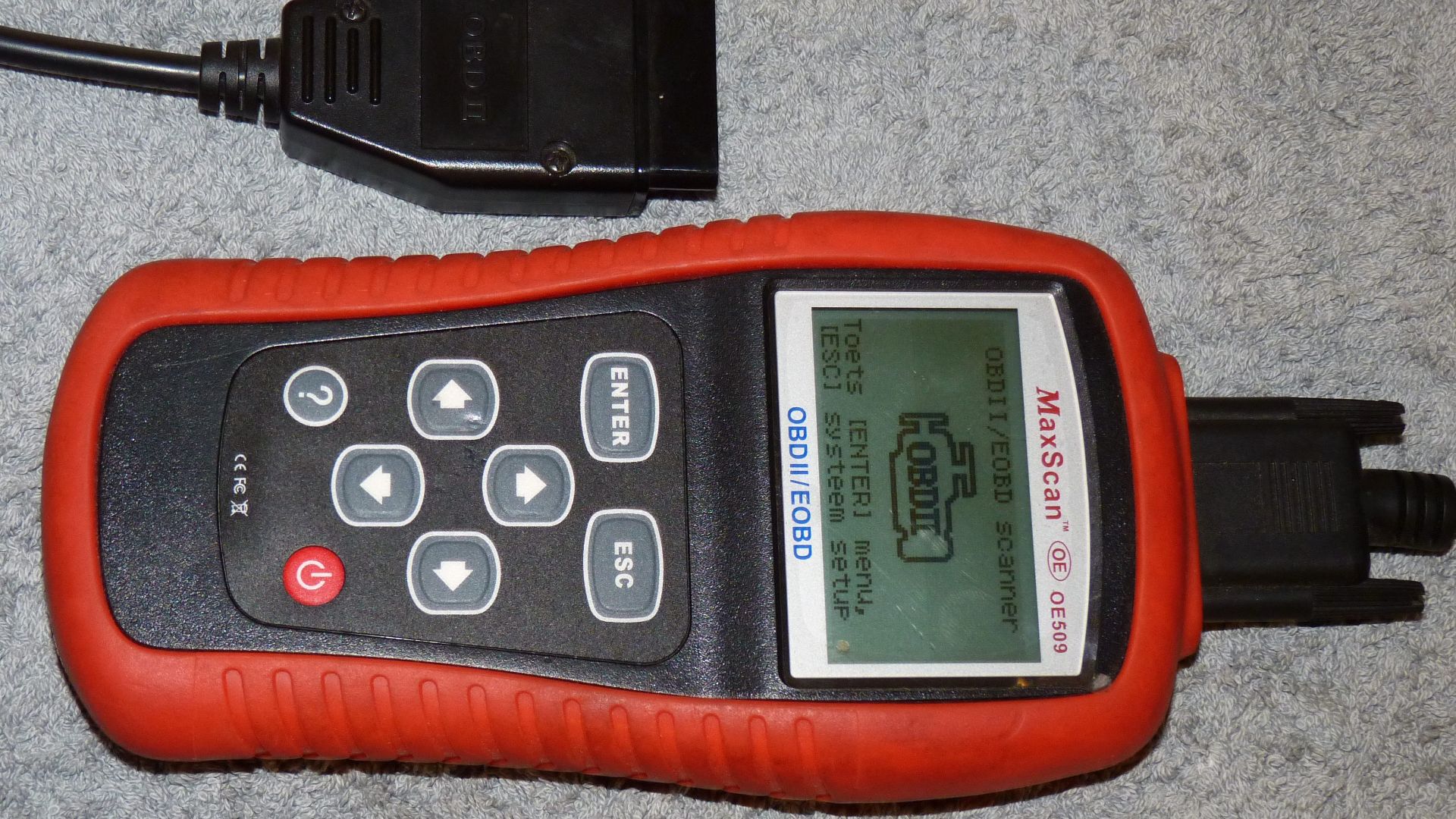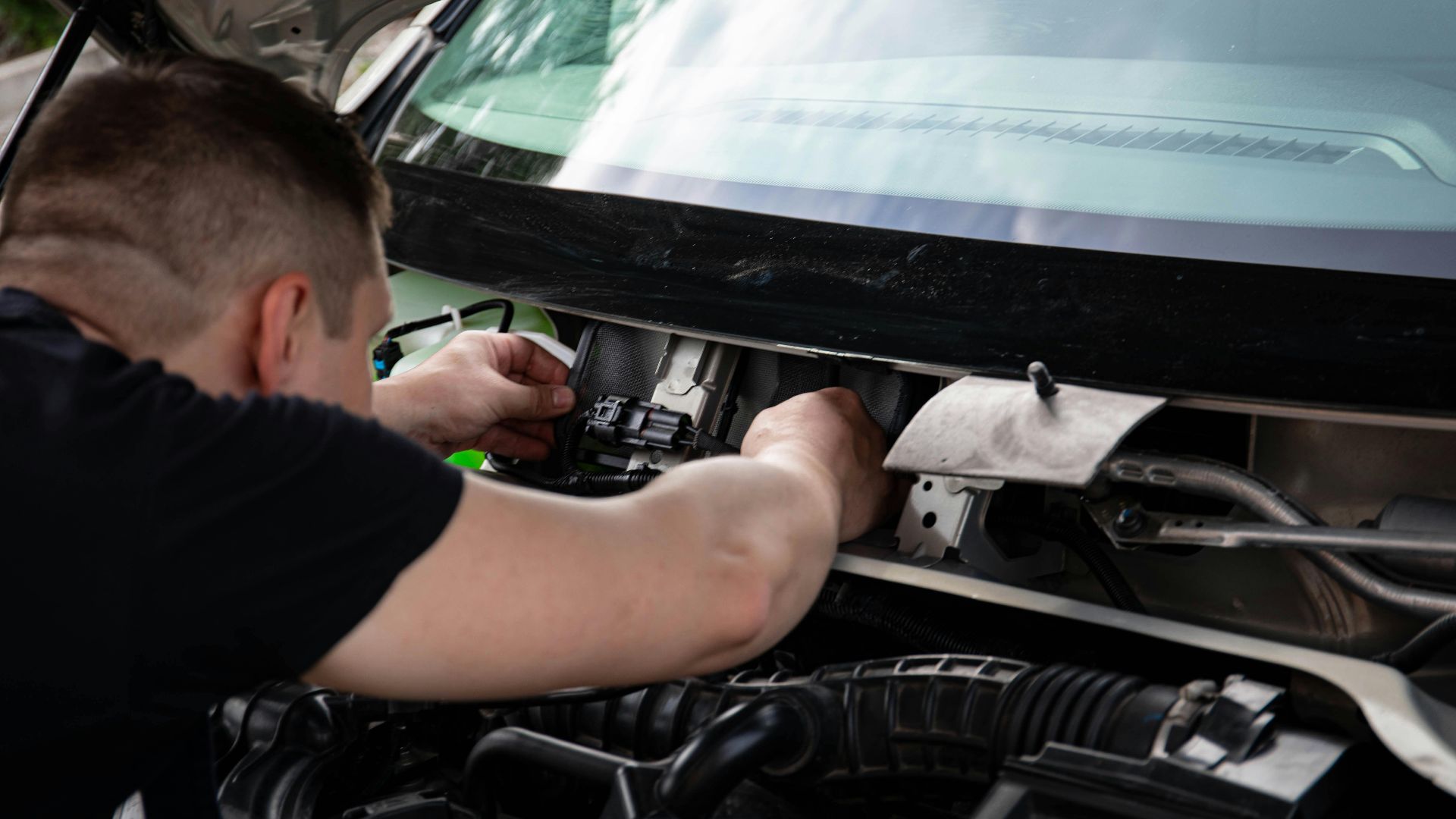You're Not Out Of The Woods Yet
So, your check engine light came on… and then went off. Feels like a relief, right? But don’t ignore it just yet. Here’s what might’ve happened, why it matters, and when it’s time to call your mechanic—even if everything seems fine.

What That Light Actually Means
The check engine light is your car’s way of saying, “Hey, something’s not right.” It’s part of your onboard diagnostics system, and it kicks in when a sensor picks up a problem with the engine, emissions, or other important systems.
Yes, It Can Turn Off By Itself
It’s not uncommon for the light to turn off on its own. If the issue was minor or intermittent—like a loose gas cap—it may resolve itself. But that doesn’t mean the root problem is totally gone.
Common Reasons It Comes On
Typical triggers include a loose or cracked gas cap, bad spark plugs, oxygen sensor failure, or a misfiring engine. Some are cheap to fix. Others, not so much. Either way, it's better to know what you're dealing with.
Don’t Rely on Guesswork
Even if the light goes away, your car’s computer probably stored a “trouble code.” These codes can tell a mechanic exactly what caused the alert. That’s a big clue you don’t want to lose.
Could Be a Fluke—But Maybe Not
Yes, sometimes it’s just a hiccup. But sometimes it’s an early sign of a failing catalytic converter or transmission issue. Waiting too long could make a small repair turn into a big one.
Emissions System Trouble
Your check engine light might flash due to emissions problems—like a bad O2 sensor or evaporative leak. Ignoring these can reduce fuel efficiency and eventually fail you at inspection.
Fuel Cap Fails Are Common
The most harmless reason? A loose or missing gas cap. It messes with fuel pressure and emissions. Tighten it, and the light may go off after a few trips. But if it comes back, get it checked.
Flashing vs. Steady Lights
If the check engine light flashes, that’s serious—get off the road and call a mechanic. If it’s steady, the problem is likely less urgent, but you should still get it checked soon.
What If the Car Drives Fine?
Just because the car feels normal doesn’t mean it is. Modern engines can compensate for small problems, hiding the symptoms while damage builds up behind the scenes.
Can I Use a Code Reader?
Yes! Basic OBD-II scanners are cheap and easy to use. Plug one in, and it’ll give you the trouble code. You can Google the code for info, but don’t skip the mechanic if it’s unclear.
Some Problems Come and Go
Things like moisture in the engine bay, brief misfires, or temporary sensor glitches can cause a light that disappears. These might be nothing—or a warning of issues to come.
When You Should Take It In
If the light stayed on for more than a day, or came on more than once in a short period, have it looked at. Especially if you’re planning a road trip or depend on the car daily.
Engine Damage Can Build Quietly
Let’s say it was a misfire. Driving too long like that can damage your catalytic converter or engine over time. You might not feel it immediately, but the repair bill will definitely sting later.
It Can Affect Fuel Economy
A malfunctioning O2 sensor or fuel mix issue can quietly wreck your gas mileage. That check engine light may be the only warning before your wallet starts to notice.
Still Under Warranty?
If your car is under warranty, ignoring a check engine light—even one that went off—might void coverage if the problem turns into something bigger. Better safe than sorry.
Mechanics Prefer You Come Early
Most good mechanics would rather check something small than deal with a blown engine. Catching issues early saves everyone time and money—including you.
Inspections May Flag It Anyway
Even if your light went off, the issue might show up during a state inspection. The system remembers recent codes, and a pending problem could still cause a failed test.
Dealerships Can Scan for Free
Some dealerships and auto parts stores (like AutoZone or O’Reilly) offer free code scans. You don’t even have to book a repair—just ask for a quick scan and see what pops up.
Don’t Clear the Codes Yourself
Avoid clearing trouble codes unless you're 100% sure what caused them. You could erase useful diagnostic info that your mechanic needs to fix the issue properly.
Peace of Mind Is Worth It
Let’s face it—driving around wondering “what if” every time you hear a noise or smell something funky is stressful. Spend a little on a diagnostic now instead of a lot later.
Bottom Line: Don’t Ignore It
Even if the check engine light turned off, it came on for a reason. Get it scanned and checked out—especially if it happens more than once. Better safe than sorry when it comes to your engine.
You May Also Like:
The Ultimate Guide to Tire Maintenance
DIY Car Maintenance That Anyone Can Do
Weird Car Sounds You Shouldn’t Ignore



